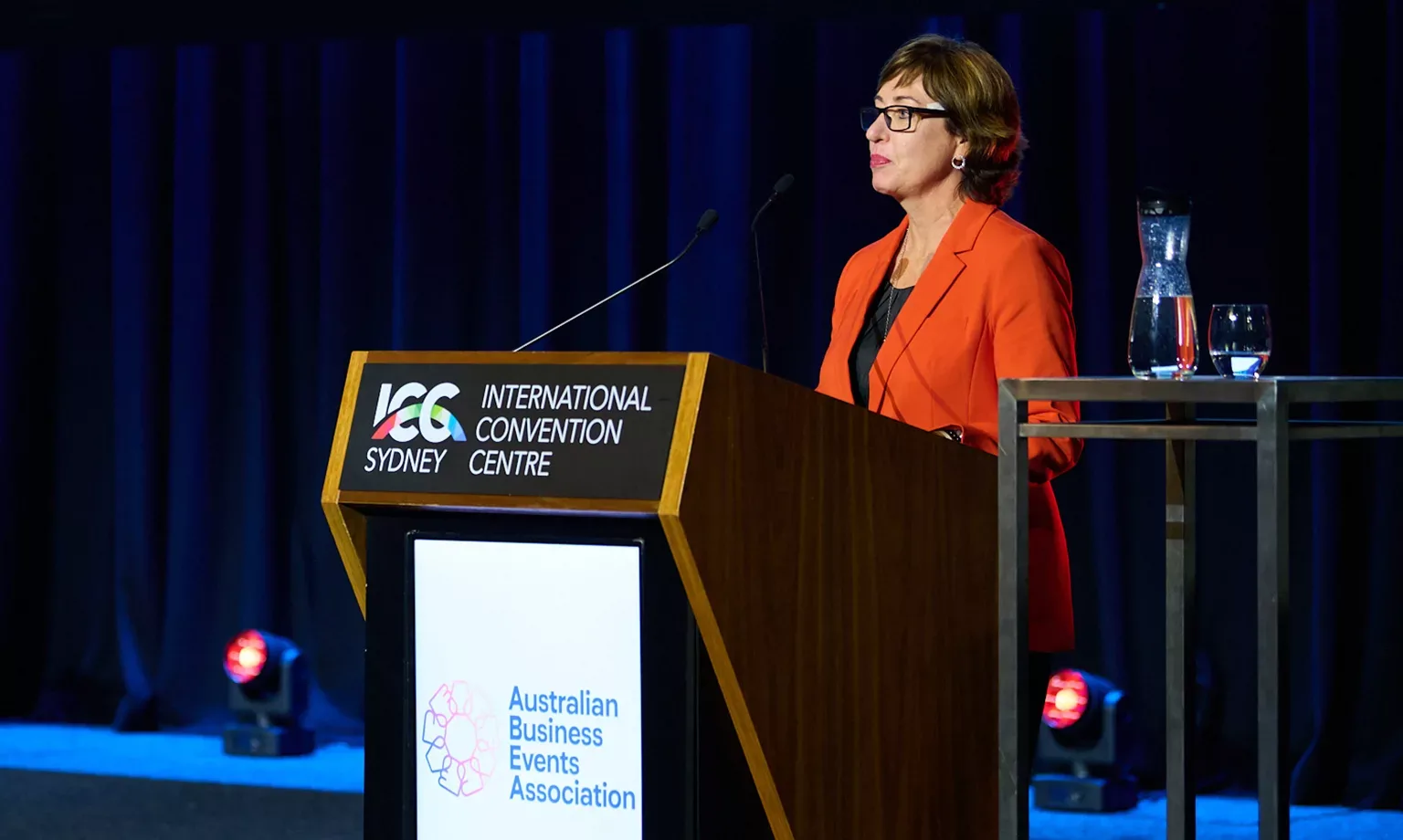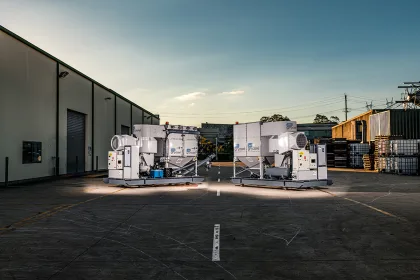We shine a light on business events as a valued and powerful driver of the Australian economy and society that enables all industries to come together.
SPOTLIGHT ON AUSTRALIAN BUSINESS EVENTS
Business events are critical to the socioeconomic success and prosperity of Australia.
Defined as any public or private activity with a common interest or vocation, such as a conference, convention, or congress, hosted by an organisation either in a specific venue or online, these events facilitate the exchange of innovative ideas, trade of goods or services, and creation of new networks.
This, in turn, generates significant economic activity, stimulates trade and investment, drives research, attracts talent, fosters innovation, and improves productivity.
The Australian business events sector supports around 230,000 jobs in the country, with new data cited by the Minister for Trade and Tourism showing an AUD$20.9 billion contribution to the national economy in 2023 through inbound tourism alone.
This includes AUD$10.4 billion spent on food, drink, and accommodation, AUD$4.4 billion on domestic airfares, and AUD$1.1 billion on tours and entertainment, but excludes exhibitors, organisers, and local market gains, which take the true figure to AUD$36 billion. Australia therefore has a renowned reputation as an industry leader, encouraging both domestic and international visitors to attend its world-class events and explore the country.
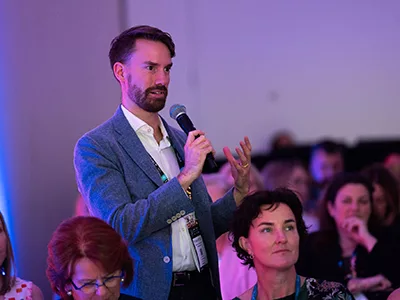
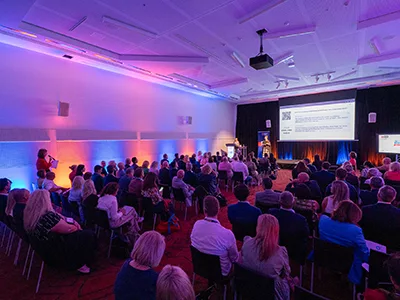
Q&A WITH AUSTRALIAN BUSINESS EVENTS ASSOCIATION
To make a real and lasting impact on the country’s dynamic business events industry, Melissa Brown, CEO, outlines the core pillars that the Australian Business Events Association must action and simultaneously work across.
Firstly, could you talk us through the vision and mission of the Australian Business Events Association?
Melissa Brown, CEO (MB): Our vision is for the business events industry to be a valued and powerful driver of the Australian economy. We know that business events are already an integral and impressive contributor to the economy, generating AUD$36 billion in direct economic benefit, and we are working to build upon our strengths as well as achieve widespread recognition.
Our mission at the Australian Business Events Association (ABEA) is to promote the business events industry and drive member prosperity through industry development, networking, research, and advocacy.
ABEA is the outcome of many years of campaigning by the business events community to have one unified voice to represent the industry. The incredible response we’ve received in terms of membership, industry engagement, and global partnerships affirms that our mission and vision speak to our community.
What is your current take on the business events industry in Australia? Is it a particularly exciting or challenging environment to work in?
MB: I would call this an exciting time for the industry. The Australian business events industry is strong with good projections moving forward and positive financial support across many states. That said, we are also conscious of the impact of cost of living pressures, with clients booking late and tight margins for all parties involved.
Business events are constantly seeking ways to innovate and improve, providing new and unique customer experiences, and from an industry perspective it’s an eternal drive for talent.
To this end, we’re supporting emerging and existing professionals through training and highlighting career pathways, whilst promoting the industry to attract a new cohort of individuals to the sector.
More from APAC Outlook
How critical are business events to the prosperity of the Australian economy and society?
MB: The business events industry is extremely important. There are almost 500,000 business events happening annually – that’s the equivalent of 3,600 Taylor Swift Australian tours every year!
Therefore, business events are critical to innovation, trade, and investment across all industries. We are supporting everything from science and health to education and engineering.
In terms of society, business events are hotspots for innovation and lasting change. Recently, we celebrated the 10-year anniversary of AIDS 2014, when more than 13,000 delegates, visitors, and media members descended on Melbourne.
Beyond the media coverage and economic impact, new legislation was brought in to decriminalise the transmission of HIV; the Melbourne Declaration and the AIDS 2014 Legacy Statement were all a result of this business event.
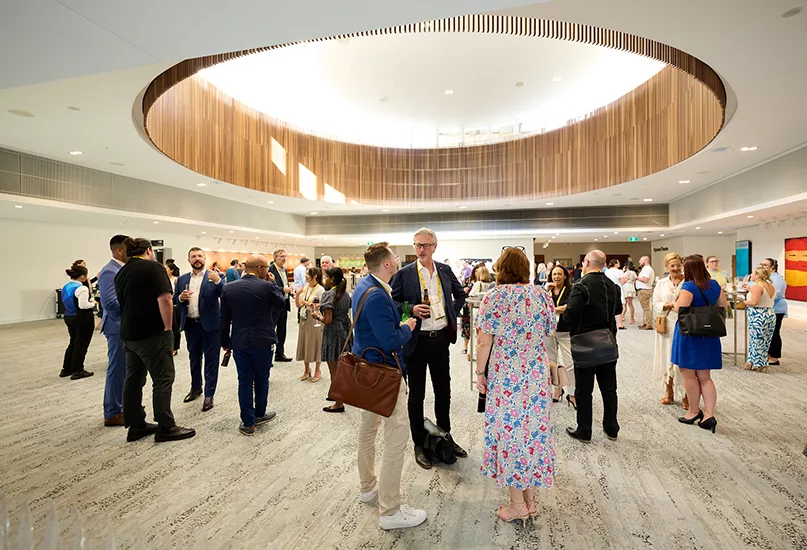
As the voice of the industry, how does the association represent the unified ambitions of the Australian business events industry and its people?
MB: As we are very much focused on advocacy, our organisation is designed to have issue-led committees actively working across the nation.
We have specialist member groups focused on sustainability, work health and safety (WHS), emerging leaders, and education, as well as sector pillars representing venues, destination bureaux, suppliers, and organisers, and a chapter in each state and territory of Australia.
These committees all feed up to the board, champion ideas and activities, and take a lead on the work needing to be developed in these areas.
In addition, we are constantly seeking opportunities to build national relationships with the federal government and supporting research so we can provide the data necessary to make an impact within these relationships.
ABEA is also building international partnerships to enhance the Australian industry on a global scale. To date, we have alliances with the Joint Meetings Industry Council (JMIC), the Global Association of the Exhibition Industry (UFI), and the International Congress and Convention Association (ICCA).
“For us to make a real and lasting impact, we need to simultaneously work across five areas – advocacy, research, industry development, professional development, and community. It is critical that we action these core pillars so we can create momentum in the sector”
Melissa Brown, CEO, Australian Business Events Association
What real and lasting impact is ABEA making on the growth and development of the sector?
MB: For us to make a real and lasting impact, we need to simultaneously work across five areas – advocacy, research, industry development, professional development, and community. It is critical that we action these core pillars so we can create momentum in the sector.
These pillars simultaneously support:
- The individual – Through access to professional development, networking, and mentoring.
- Our industry – Through the development of WHS frameworks and consistency in sustainability reporting, to name a couple of areas.
- The macro issues of government – Through venue development, bid funds for inbound conferences, and national research.
In this way, we are supporting the work of events professionals today, the organisations in which they work, and the sector at large – we must address all areas at once.
In addition, raising awareness of the sector through campaigns helps us to educate the public, government, and stakeholders on the size and scale of the space and its contribution to Australia.
As our members work across all industries for their clients, we can also make a big impact by supporting diversity and inclusion principles and sustainability outcomes. We champion the work our members are doing in this area by raising awareness and increasing accessibility to real solutions, expertise, and case studies.
Lasting impact will take time, but with sustained efforts in advocacy and through continual feedback from our members and the wider industry with regards to emerging trends and challenges, we’re confident in the growth and development outcomes.
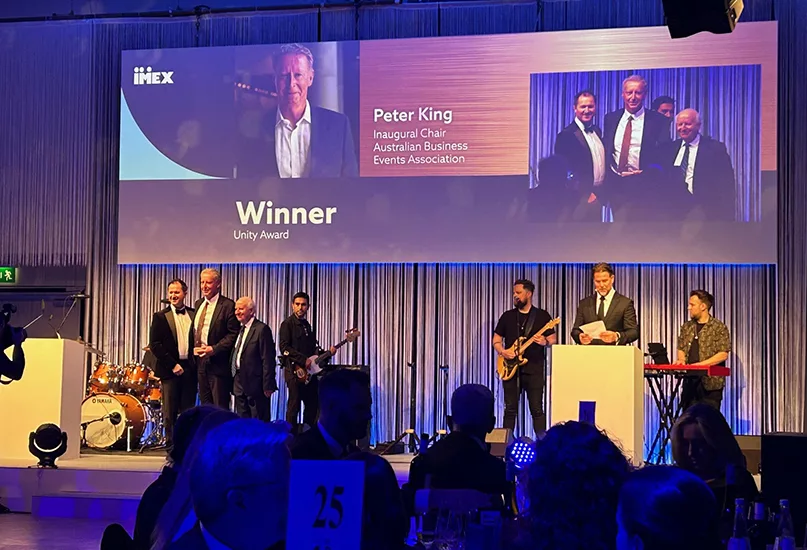
What projects or initiatives are the association involved in for the rest of 2024 and beyond?
MB: We have an enormous range of initiatives on the go for our members and community.
Our Knowledge Programme is rapidly growing as we bring member insights to the fore through national webinars offering real-life experiences and learnings. We also host a Sustainability Series to bring to life the real solutions and challenges being faced in the industry to encourage knowledge exchange.
Our very first ABEA Conference, which is running from 10th – 11th December, will bring together our community to focus on the future of our sector, with an emphasis on storytelling and designing the impact we want to have.
We additionally have quarterly member networking events that happen simultaneously across the country. These are agenda-free, casual events to support relationship building across the sector.
Furthermore, we are providing professional development for all levels, including emerging leaders, senior leaders, and for the first time this year, middle managers, who are offered a highly valuable educational opportunity with mentorship to support our people.
Finally, we are also planning to launch the inaugural Business Events Week in 2025.
How do you see the business events industry developing in Australia over the coming years?
MB: I see it going from strength to strength; we are already a global leader and I see us remaining one. I know we will be a driver of sustainable innovation and foster greater collaboration across venues, organisers, and suppliers to find the solutions we all need.
The desire to meet face-to-face will never go away, and the role of business events will remain central to trade, education, knowledge exchange, and innovation. We see the sector having more of a say in the issues that affect us and the issues that we impact.
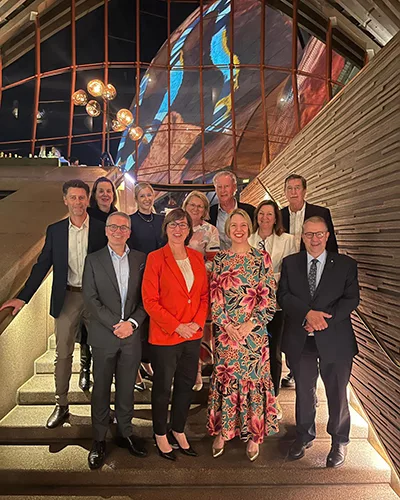
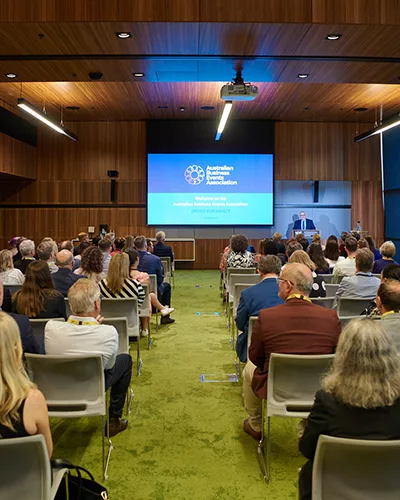
Finally, what are the association’s key priorities to continue representing and supporting the industry?
MB: Earlier this year, we finalised a five-year plan with detailed strategies for each area of work to guide us in representing and supporting the industry. There are five major strategic areas that ABEA will focus on, namely:
- Research – We want to quantify the business event industry’s size, impact, and contribution to provide insights to sound policy development.
- Advocacy – We will become the one powerful voice for the sector, leading the relationship with government.
- Community development – As a new organisation, we wish to cultivate an engaged, vibrant, and impactful community of business events people.
- Membership – We will drive membership growth, scale, and depth.
- Communication – We will continue to tell stories and showcase the evidence of our work and impact.



